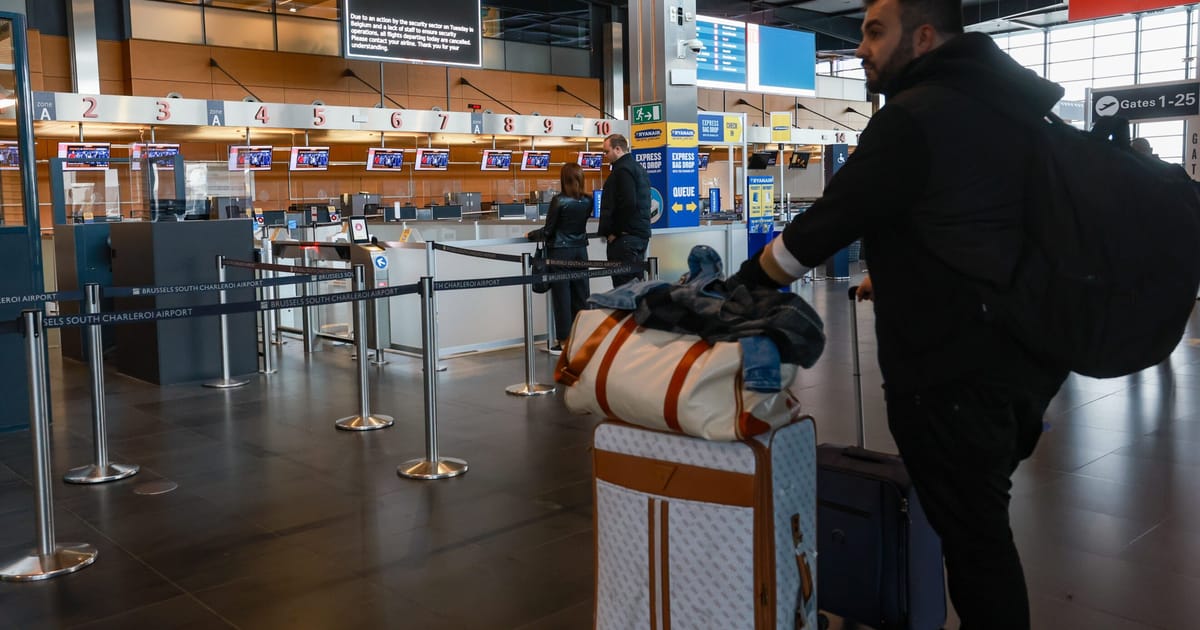

In an era of dynamic global transitions, recent developments in Europe and beyond reflect a tapestry of change echoing through various domains. From updated airport scanning protocols to the vibrant discussions around filmmaking in politically sensitive regions and historical land reforms, these narratives converge to paint a picture of our multifaceted world.
Firstly, the evolution of security protocols at European airports marks a significant change aimed at enhancing traveler convenience while ensuring safety. The European Commission recently revised rules concerning the transport of liquids through security checks, a measure that has long been a point of contention for travelers. This welcome change, however, is currently applicable only to specific airports, spearheading a gradual transition across the region. While the new protocols stand to reduce inconvenience and streamline passenger flow, they represent a careful balance between security measures and passenger comfort.
Moving from the bustling airports of Europe to the contemplative landscapes of Western Sahara, a thoughtful discourse arises surrounding the intersection of film-making and geopolitics. Acclaimed director Christopher Nolan’s decision to film ‘The Odyssey’ in the Moroccan-occupied city of Dakhla in Western Sahara has sparked debate. The organizers of the FiSahara Festival have raised concerns, suggesting that such acts could inadvertently normalize the enduring occupation and marginalization of the Sahrawi people. This dialogue is not merely about the ethics of filmmaking but also highlights the potent influence of art in shaping international perceptions and the responsibility that accompanies artistic decisions.
Turning to the historical breadth of Portugal, the region of Alentejo serves as a case study for understanding the complexities of regional development. Occupying a third of Portugal’s landmass yet contributing only a fraction to the national economy, Alentejo’s history is layered with numerous development plans. However, these plans have often faltered, leaving the region predominantly agrarian and economically limited. An exploration into these initiatives sheds light on the challenges of translating expansive development projects into sustainable growth, reflecting a larger story of rural economies seeking integration into modern national narratives.
As we navigate these stories, they emphasize the significance of adaptation to shifts in policy, culture, and history. Whether it is through the lens of updated airport procedures aimed at making travel a more seamless experience, the critical examination of art’s role in politically charged environments, or the ongoing efforts to uplift regional economies through historical understanding—these stories illustrate the diverse pathways leading towards progress and consciousness in our interconnected world.
Understanding and engaging with these stories can bring a mindful calm to the complexities of contemporary global developments. As we embrace changes, both incremental and profound, they remind us of the continuous journey of growth, dialogue, and learning that lies ahead.
Source: {link}
